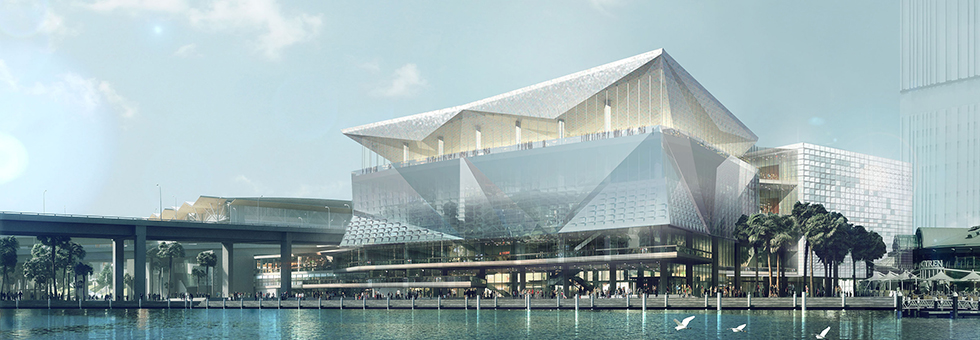Japan’s PM Shinzo Abe introduced 2016’s ‘Abeonomics,’ a $45 billion stimulus package, saying “the key word is investment in the future.” This combined with the upcoming 2020 Summer Olympics and growing inbound tourism has signalled Japan’s economy as rebounding, particularly in the tourism sector.
Meanwhile in Australia, injections of government and private investment has boosted growth in construction of new hotels and accommodation. According to Hotel Management, The Australian hotel industry is responding to continued record international visitor growth with a record level of hotel investment – over AUD$8 billion – that is set to transform Australia’s accommodation and tourism sectors. Figures released in March 2017 by Tourism Accommodation Australia (TAA) identify 228 hotel projects (34,702 rooms) under construction, approved for development or in advanced planning stages in the six State capitals and Darwin.
Price Waterhouse Coopers, in the Emerging Trends in Real Estate Asia Pacific 2017 report says “most action is currently focused on core assets and markets in Japan and Australia. Japan in particular has seen a building boom for new hotels in the run-up to the Olympics and to cater to growing inbound tourism from around Asia. According to the PWC report growth in Japanese inbound arrivals reached 29 percent year-on-year in the first five months of 2016, according to CBRE. Japanese hotels have seen huge growth as a result of rising inbound tourism. Room rates have risen significantly over the last two years and a huge construction campaign is underway to provide new facilities.”
With their portfolio allocation identified to favour Australia and Japan, Benett Theseira, head of Asia Pacific at PGIM Real Estate, says “Asia offers a diverse basket of opportunities. At the current stage of the cycle, we advise our investors to prioritise markets which have substantial income and rental growth. We favour [the] office and retail sectors because of rental growth and the strong growth in tourism,” he adds.
The Howard Smith Wharves redevelopment project in Brisbane has secured $70m from PGIM. The $110 million project increases Brisbane’s appeal as a tourism destination and covers more than 34,000 square metres, extending the CBD by an additional 500 metres of restaurants, cafes, bars, a craft brewery, an exhibition hall and parklands. The Howard Smith Wharves also will have a hotel component, the 158-room, five-star Art Series Hotel which will be partly funded by the Commonwealth Bank of Australia, adding another $100 million to the $110 million project value.

Sydney International Conference Centre
New South Wales is increasing its level of resources to tourism. Hotel Management reports Tourism Accommodation Australia (TAA) CEO Carol Giuseppi said “We commend the NSW Government on its strong investment in Destination NSW, with a commitment of $192.8 million in the NSW Government’s 2017-18 Budget, a substantial increase of 10.3% on the 2016-17 allocation. The tourism accommodation sector is playing a major role in the industry’s renaissance in NSW with 40 hotels and 8,000 rooms in the development pipeline introducing luxury new 5-star hotels along with boutique, mid-scale and economy hotels, while many existing hotels are taking the opportunity to upgrade their properties and services. The new and upgraded properties are helping transform the visitor economy across the State. This increased level of investment has been instrumental in improving the sustainability of accommodation investment and is particularly important in capitalising on the government’s ground-breaking investment in the International Convention Centre, sustaining investment in a strong events calendar, and driving regional tourism growth.”
This article was first published on The Hotel Conversation
See Also:
$18 billion worth of infrastructure investments for Brisbane
Sports tourism pushes hotel occupancy rate to 90% in Australia’s and New Zealand’s sporting capitals
Australia and New Zealand hotel market records $2 billion in transactions







